Everyone has different reasons for taking part in sport, and within triathlon many of us have different goals to aim for, and desire different outcomes from participating in races throughout the year.
Before we talk about some of the pros of investing in coaching, keep in mind that this isn’t for everyone. If your goal is to get to the finish line, your fellow club-mates might be all the motivation you need. If your goal is to get fit, have fun, travel the country, and push yourself, you don’t need a coach. Many clubs will provide plenty of sessions for their members, and offer a loose training plan for members to follow, mixing group sessions with possible solo outings.
If you’re new to the sport, joining a club is an excellent place to start! You’ll learn so much from other members and their past experiences. If you’re more experienced and looking to put together a well-executed race after a long period of specific training, perhaps a coach is a worthwhile investment.
By working directly with a coach you’ll be able to identify your strengths and weaknesses as an athlete and develop a training plan specifically designed for your improvement.
Whilst group training is fun and can make the training session pass quicker, you may find you’re pushing yourself beyond what you should be, or not pushing yourself enough when you’re in this environment. A coach will help you figure this out by reviewing the data from your sessions. You can still train with your club or friends while you have a coach. A good coach will try to provide you with a mix of group work and solo training.
A good coach should communicate with you to allow you both to maximise the experience. Do you have a 9-5(+?) job, young kids, or someone else to take care of, on top of trying to train for a specific event? Not only will the right coach help you develop an individualised plan to help you improve, but they should also be able to help you create a structured plan which is manageable for you and maximises the hours you have available to work towards your goals.
You’re a triathlete, so there’s no question on your ability to be disciplined. However, we’re all too aware of feeling tired as the week goes on and sometimes it might cross your mind to take short cuts or skip a few reps. Having a coach who is invested in your progress and who is monitoring your training sessions can help keep you on track and get your session completed as planned. This can be the biggest difference between paying for a training plan vs paying for a coach.
Benefit from an experienced coach. A certified coach will have studied specifically to guide you through your triathlon journey, from periodising your training plan to helping you develop a race day plan.
Having a coach can help eliminate a lot of lessons learned via trial and error. A good coach will be able to communicate their knowledge and expertise to you in an efficient and helpful manner to provide you with the information you need to learn and grow as an athlete.
If you choose to get a coach, make sure you research who is the right coach for you. Despite success with other athletes, they still might not be the best coach for YOU. Key things to consider when choosing your coach can include, but are not limited to:
When making a decision to get a coach you should ultimately do what is right for you, the coach – athlete relationship is a very personal one, trusting your coach and their training methods is vital to the success of your relationship, as is an open line of communication. When both parties are clear on the expectations of the relationship then some magic has the chance to be created. Take the time to choose the right coach for you and your needs so you can have a mutually beneficial experience.

